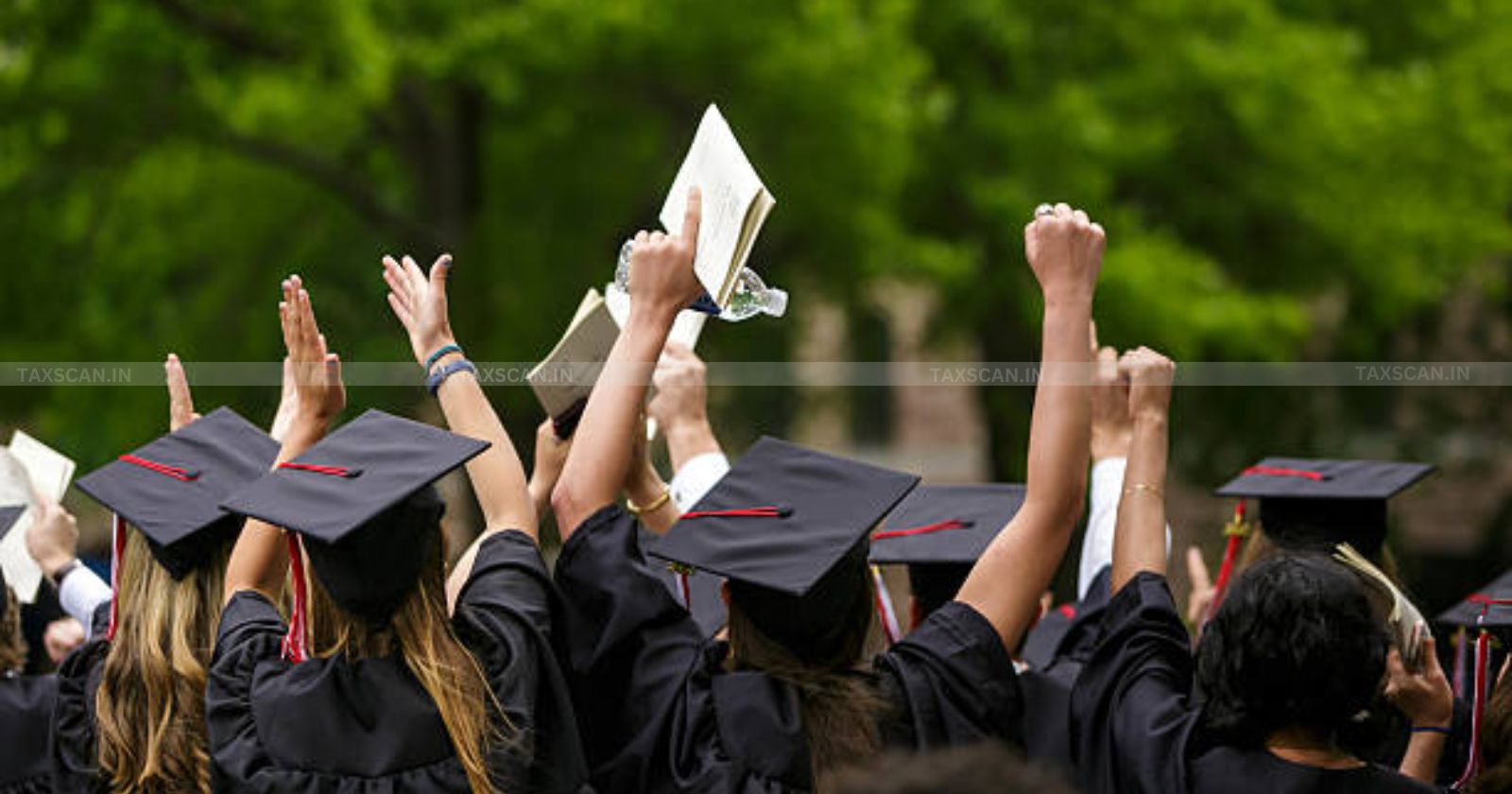Supreme Court to Consider whether Law Graduates through Correspondence can enrol as Advocate
The High Court's decision was based on a previous case, M.Naveen Kumar vs. The State Of Telangana, where the court had upheld the cancellation of admission to a 3-year LLB course due to the petitioner not having undergone a regular undergraduate course

Supreme Court – Correspondence Law Graduates – Correspondence Law Graduates enrollment – taxscan
Supreme Court – Correspondence Law Graduates – Correspondence Law Graduates enrollment – taxscan
A two judge Bench of Supreme Court comprising Justice Vikram Nath and Justice P B Varale will consider whether a law graduate of a 3 Year LLB Course be allowed to enrol with the State Bar Council if she/he obtained an undergraduate degree through correspondence.
The Supreme Court has stepped into a dispute over whether a law graduate with a correspondence degree in Bachelor of Arts (B.A.) can be enrolled as an advocate. The bench has issued a notice in the matter, asking for a response within four weeks.
The issue began when a law graduate, who had obtained a correspondence degree in B.A. in 2012, was denied enrollment as an advocate by the Telangana Bar Council. The Council cited a rule that requires an undergraduate degree through regular courses for eligibility. The graduate had challenged this decision in the Telangana High Court, which dismissed the petition.
Become a PF & ESIC expert with our comprehensive course - Enroll Now
The High Court's decision was based on a previous case, M.Naveen Kumar vs. The State Of Telangana, where the court had upheld the cancellation of admission to a 3-year LLB course due to the petitioner not having undergone a regular undergraduate course.
The law graduate had sought directions from the High Court to the Telangana Bar Council to enroll her as an advocate, refund the enrollment fee, and allow her to appear for the AIBE XIX which was scheduled to be held on 24th November 2024.Further argued for refund of Rs.28,000 charged on the petitioner for enrollment and enrol her at a reduced fee of Rs.750.
However, the High Court accepted the Bar Council's submission that the graduate was not eligible for enrollment due to her correspondence degree.
The Supreme Court's decision to intervene in the matter may have significant implications for the eligibility criteria for law graduates. The court's forthcoming ruling will address whether correspondence degrees can be considered equivalent to regular undergraduate degrees for the purpose of enrollment as an advocate.
Support our journalism by subscribing to Taxscan premium. Follow us on Telegram for quick updates


